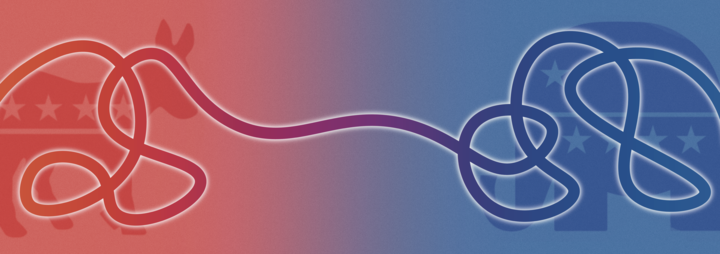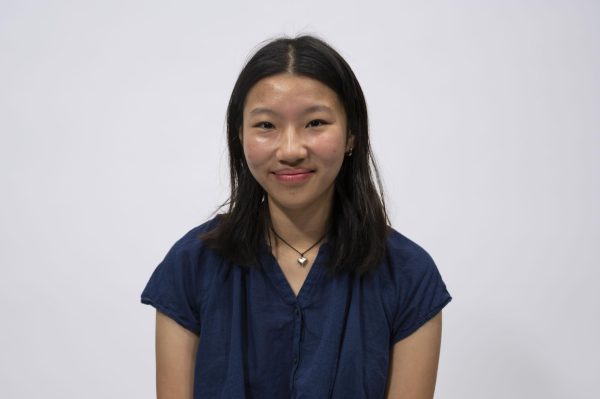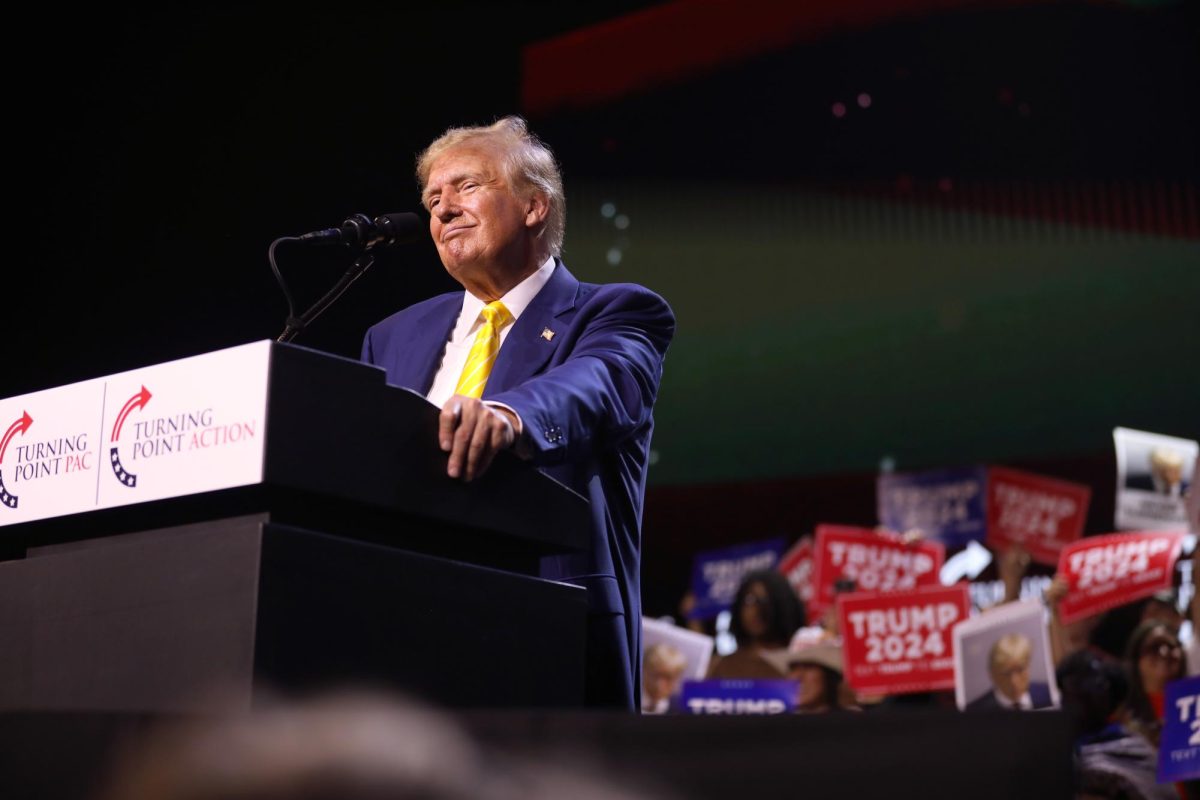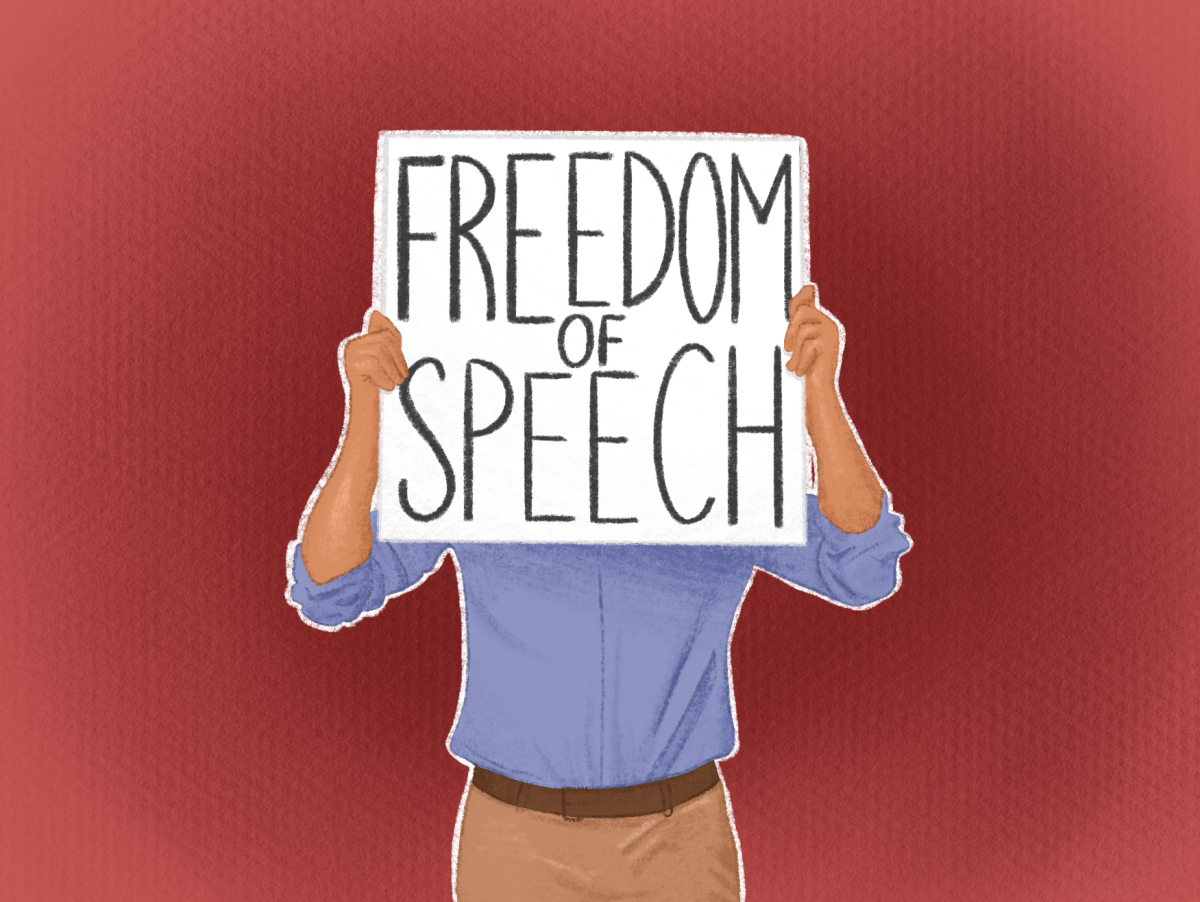I have always been more book-smart than street-smart. While this skill has indeed earned me coveted job interviews, I have come to realize that I lack the ability to back my resume up with endless small talk. My true interviewing potential feels unfulfilled, and I strive to expand my social repertoire by starting to engage in dynamic discussions.
Consequently, I expressed this shortcoming to my dad, and in an almost “I told you so” tone, he unapologetically laid out the reality of the 21st-century social scene.
“Sports and politics: You need to have at least one of the two wrapped around your finger to loop in any potential network, Shivani.”
Of course, given that my dad works in IT, his opinion is biased and arguably privileged. Still, upon moving from South India to the United States for college, I realized that if not an encyclopedia of sports jargon, having a foundation of political knowledge is undoubtedly the prime meridian for most public discourse.
For example, how is it that my music taste, fashion sense and ideal way to spend a Sunday morning are all an implication of my political perspective? How is it that I was once intrigued by Jubilee’s middle ground videos on Youtube, but now I find them to be political echo chambers with biased editing styles and cut-throat comment sections?
Even more disheartening is that upon the arrival of the 2024 presidential elections, the consequences of Nov. 5 will only further bitterly divide the nation rather than harbor a sigh of relief.
As further proof, my brother will continue fearing financial insecurity, my neighbor will continue fearing the extinction of ancestral traditions, my professor will continue fearing that college education is nothing more than indoctrination and my mother’s Facebook friend will continue fearing theocracy and gun violence.
Once again, I turned to my dad and probed: “Since when has the symbol of a president morphed from a bridge to a battleground?” And to that, I craft my own response: when we shifted from truly listening to one another to simply waiting for our turn to speak.
In light of this, I took a step back and reflected. I reminded myself that a huge part of this idea that “the United States is a polarized nation” is a perspective I have likely harbored from the very antagonist of this issue: the media — a political cauldron of volatile ideas and values.
In reality, one realizes that much of what the news, politicians and, recently, TikTok all report is that the polarization the country feels is actually a phenomenon called “learned divisiveness.” This concept describes how division in society is propagated by political rhetoric and media influences rather than innate values held by an individual.
In a recent study by Time magazine, experimenters suggest that the intense disagreements and extreme polarization faced by voters are not the norm but rather the exception; in other words, there exists a skewed perception of true public opinion. The reason radical opinions appear to be so widespread is that the loudest folks are simply the most outraged, and this phenomenon creates a vicious cycle of demonizing a group of people that may or may not exist.
Personally, I believe that nothing is as straightforward as picking one side, especially when the shared goal of Americans should be to fight for the weak, advocate for one another, carry the legacy of our forefathers and support respective nations with pride. Of course, this is a massive simplification, but how can debates about core values and human rights truly be as corrosive and violent as today’s social climate makes us believe? The idea of achieving a middle ground is truly not very far-fetched, because the United States’ polarization is fueled by a deep emotional divide rather than fundamental ideological differences: a shared vulnerability that comes with being human.
The stereotype is that the old, evangelical Republicans hate the young, unionized Democrats, and vice-versa. The reality is, however, that both parties are inherently quite similar.
Both sides value protecting an individual’s rights: one advocates for the mother’s choice while the other advocates for an unborn’s life. Both seek safety: one via regulating weapons to prevent violence and the other via the advancement of weapons for self-defense and personal freedom. Both aim to protect the planet for our children: one through protection and sustainability and the other through innovation and change.
Correcting the misconceptions that our values are disparate and uncompromising is the first step to combat afferent polarization and prevent partisan leaders from wielding our false impressions into a strategic weapon against opposing parties.
At the end of the day, diversity in thought is a beautiful phenomenon, and rather than viewing a middle ground as a compromise of one’s values, we should be viewing it as an achievable potpourri of enrichment and collaboration.
As a society, we are turning red-blue color confined because we lose sight of our common goals and instead reduce complex issues to simplistic bipartisan binaries.
Of course, every individual’s priorities for the United States are diverse because of varying economic statuses, occupations, opportunities and cultures. However, a key takeaway is to remember that the next time you converse with someone, identify and question the nuances in their unique beliefs and identify and question the truth behind your rudimentary beliefs. Do your convictions align with your own values or a mere sense of loyalty for a particular party? Sure, you can be fiscally conservative and socially liberal all you want, but it’s important to engage with the humanitarian reasons behind both your own and your neighbor’s opinions. Rather than latching on to political buzzwords, question how a perspective can translate into personal actions and broader policies.
I’m not going to lie. Sometimes, I dabble with the idea of becoming a sports connoisseur to impress my colleagues in a more palatable manner, but then I realize that politics has no reason to be a sensitive topic. Politics is a dynamic subject, and it is vital that every citizen feels empowered and educated about their earned rights and their fulfilling role.
Shivani Tripurani is a second-year behavioral neuroscience and data science combined major. She can be reached at tripurani.s@northeastern.edu.
The Huntington News is dedicated to serving the Northeastern University community with original, professional reporting and creating an environment in which student journalists can learn from one another. Support an independent, free press at Northeastern University with your donation today.










